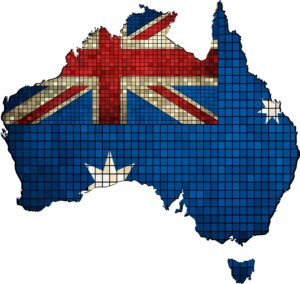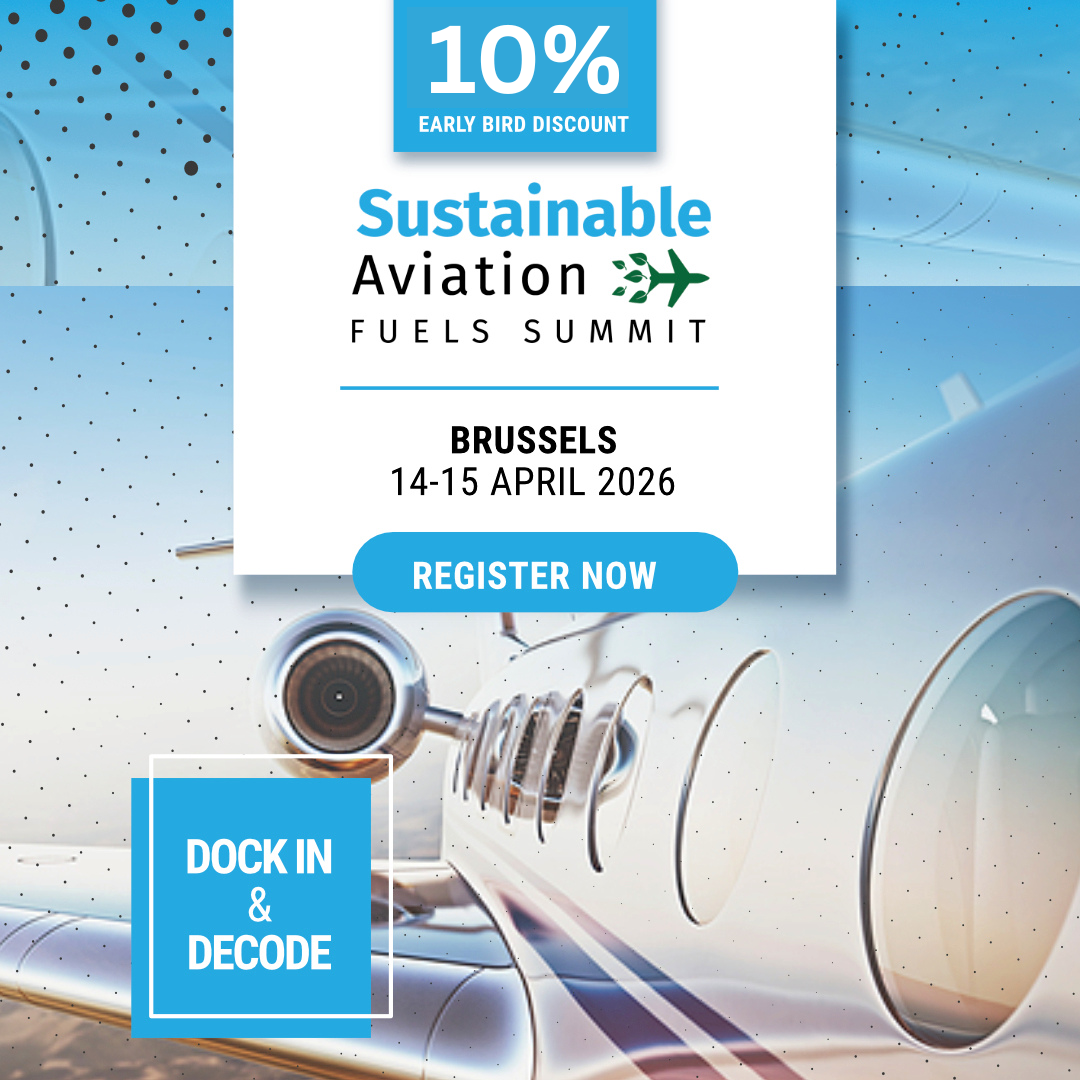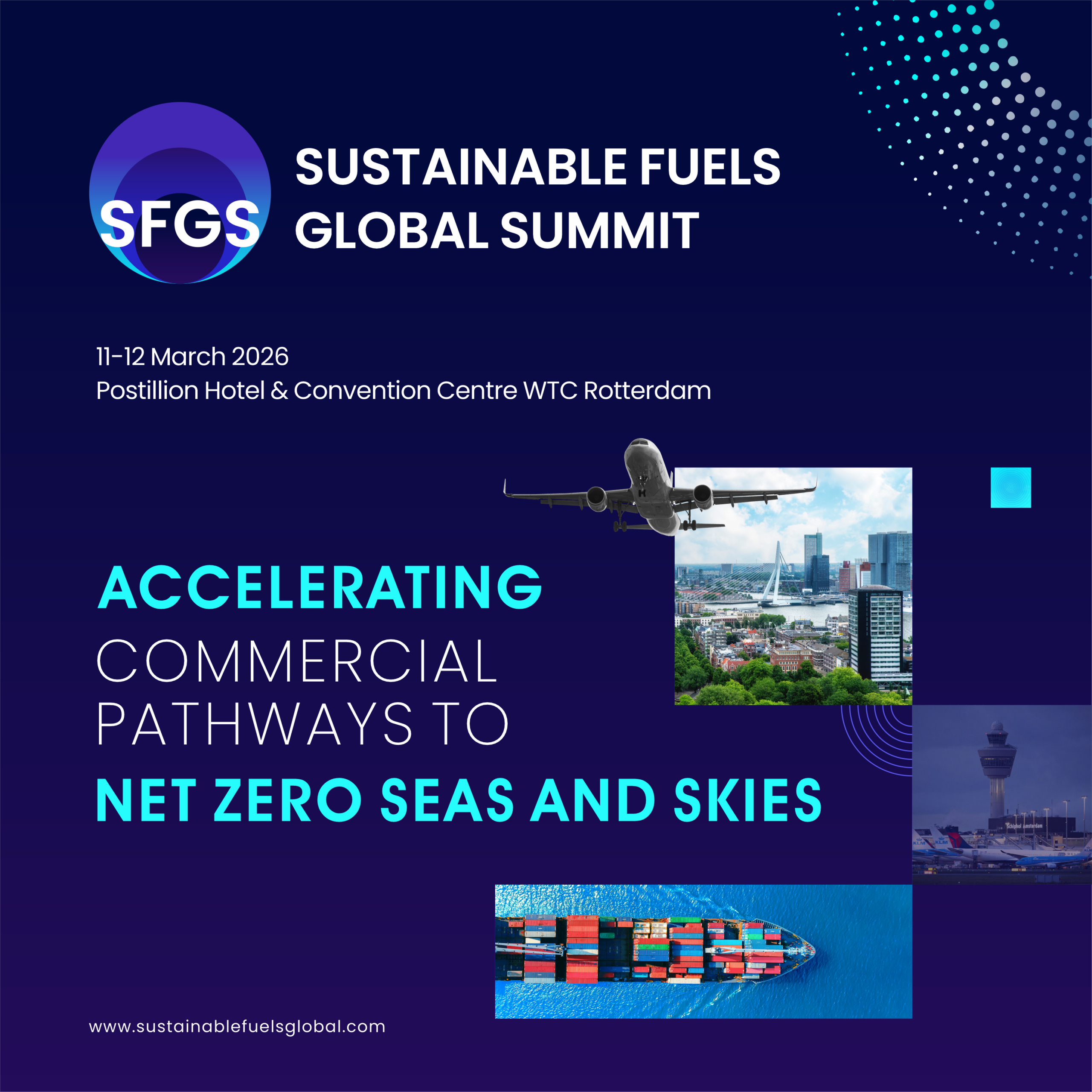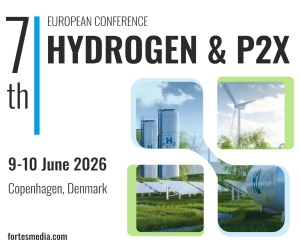Opal, a recycling, paper, and packaging company, together with European Energy Australia and its subsidiary Ammongas, has launched a feasibility study at Opal’s Maryvale Paper Mill to assess carbon capture of biogenic CO₂ for e-methanol production. The study, expected to run until mid-2026, will evaluate the technical and commercial viability of capturing CO₂ from the mill’s boilers to create low-carbon fuel for shipping.
Biogenic CO₂ is naturally produced as part of the carbon cycle and can be combined with renewable energy and water to produce e-methanol. The captured CO₂ could feed a Power-to-X (PtX) facility at the mill, converting renewable energy and sustainable materials into fuels and chemicals for hard-to-decarbonise sectors.
European Energy Australia plans to expand its PtX capabilities in Australia, complementing its solar and wind farms, following the success of its large-scale e-methanol facility in Kasso, Denmark. Ammongas will contribute expertise in carbon capture and e-fuels, while Opal focuses on circularity and maximising the value of renewable plantation wood.
If successful, the project could unlock new investment and innovation in Gippsland, advancing green methanol production and supporting Australia’s transition to low-carbon fuels.
European Energy and Opal Assess Feasibility for e-Methanol Production in Gippsland











